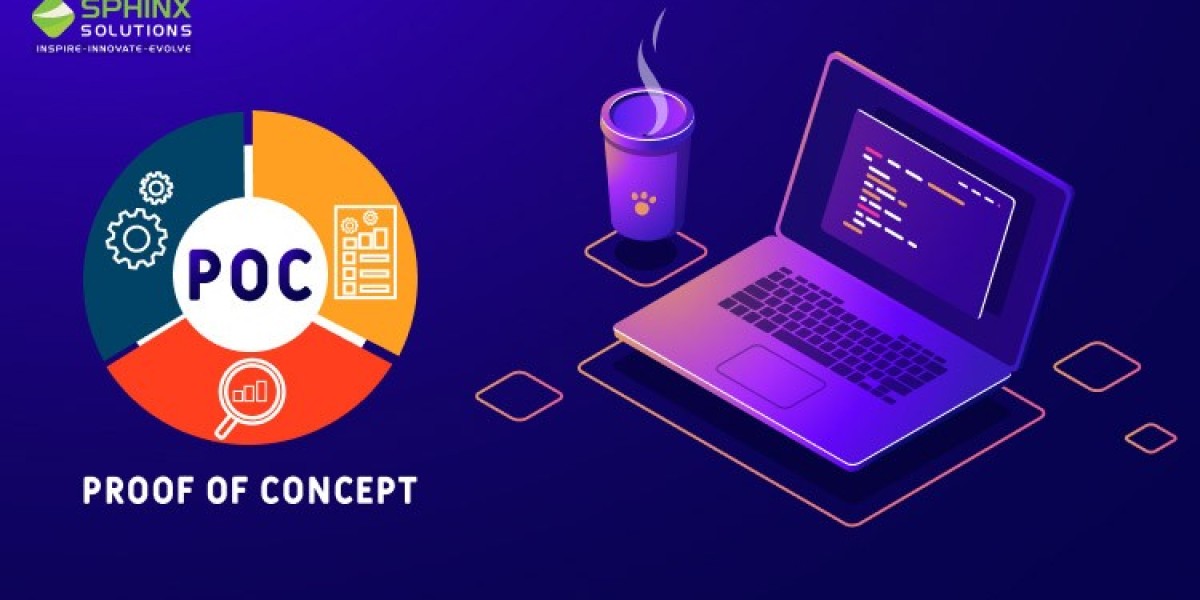Search optimization, often referred to as Search Engine Optimization (SEO), is the process of improving the visibility of a website or a web page in a search engine's unpaid results—often referred to as "natural," "organic," or "earned" results. In today's digital landscape, a strong online presence is critical for businesses of all sizes. Effectively optimizing your website for search engines is paramount to achieving that presence and driving targeted traffic that converts into customers. This article will delve into some proven best practices for better SEO results, offering practical guidance to help you improve your website's ranking and visibility.
Keyword Research: The Foundation of SEO
At the heart of any successful SEO strategy lies comprehensive keyword research. Keywords are the words and phrases people use when searching for information online. Identifying the right keywords that are relevant to your business and target audience is crucial for attracting the right kind of traffic to your website. This process involves understanding the search intent behind specific queries, analyzing competitor keywords, and utilizing tools like Google Keyword Planner, SEMrush, and Ahrefs to uncover high-volume, low-competition keywords. Focus on a mix of broad, high-volume keywords and long-tail keywords (longer, more specific phrases) to capture a wider range of potential customers. Remember that keyword Search best practices is an ongoing process, and you should regularly revisit and refine your keyword strategy based on performance data and evolving search trends.
On-Page Optimization: Making Your Website Search Engine Friendly
On-page optimization refers to optimizing the elements within your website to improve its ranking in search engine results. This includes optimizing title tags, meta descriptions, header tags (H1, H2, etc.), and image alt text. Title tags and meta descriptions are crucial as they are the first things users see in search results and significantly impact click-through rates. Use your target keywords naturally and concisely in these elements, ensuring they accurately reflect the content of the page. Header tags should be used to structure your content logically and improve readability for both search engines and users. Image alt text should describe the image accurately, providing context for search engines and users who may have images disabled. High-quality, relevant content is also essential for on-page optimization. Create informative, engaging content that satisfies user intent and incorporates your target keywords naturally.
Technical SEO: Ensuring Crawlability and Indexability
Technical SEO focuses on optimizing the technical aspects of your website to make it easier for search engines to crawl and index your pages. This includes ensuring your website is mobile-friendly, has a fast loading speed, and utilizes a clean and well-structured URL structure. Mobile-friendliness is critical as Google prioritizes mobile-first indexing, meaning it primarily uses the mobile version of your website for indexing and ranking. Website speed is also a significant ranking factor, as users expect fast loading times. Optimize images, leverage browser caching, and minimize HTTP requests to improve page load speed. A clear and concise URL structure helps search engines understand the topic of each page and improves user experience. Additionally, create an XML sitemap and submit it to Google Search Console to help Google discover and index your website pages efficiently.
Link Building: Establishing Authority and Trust
Link building is the process of acquiring backlinks (links from other websites) to your website. Backlinks are a critical ranking factor, as they signal to search engines that your website is a reputable and valuable resource. Focus on acquiring high-quality backlinks from authoritative websites in your industry. Avoid engaging in black-hat link building tactics, such as buying links or participating in link schemes, as these can result in penalties from Google. Guest blogging, creating valuable content that other websites will want to link to, and participating in industry forums and communities are effective strategies for earning backlinks. Monitor your backlink profile regularly using tools like Ahrefs or SEMrush to identify and disavow any toxic or low-quality backlinks that could harm your website's ranking.
Content Marketing: Creating Value and Attracting Links
Content marketing plays a vital role in SEO by creating valuable and engaging content that attracts both users and search engines. Develop a content strategy that aligns with your target audience's needs and interests. Create a variety of content formats, such as blog posts, articles, infographics, videos, and podcasts, to cater to different learning styles and preferences. Focus on providing valuable information, solving problems, and answering questions that your target audience is searching for. Promote your content through social media, email marketing, and other channels to increase its reach and visibility. High-quality content not only attracts users to your website but also encourages other websites to link to it, boosting your website's authority and ranking.
Measuring and Analyzing Results: Continuous Improvement
SEO is an ongoing process that requires continuous monitoring and analysis. Track your website's performance using tools like Google Analytics and Google Search Console to measure key metrics such as organic traffic, keyword rankings, bounce rate, and conversion rates. Analyze your data to identify areas where your SEO strategy is working well and areas that need improvement. Track your keyword rankings to see how your website is performing for your target keywords. Monitor your organic traffic to see how many users are finding your website through search engines. Analyze your bounce rate to identify pages that may need improvement in terms of content or user experience. Use your data to make informed decisions about your SEO strategy and continuously refine your approach to maximize your results.




